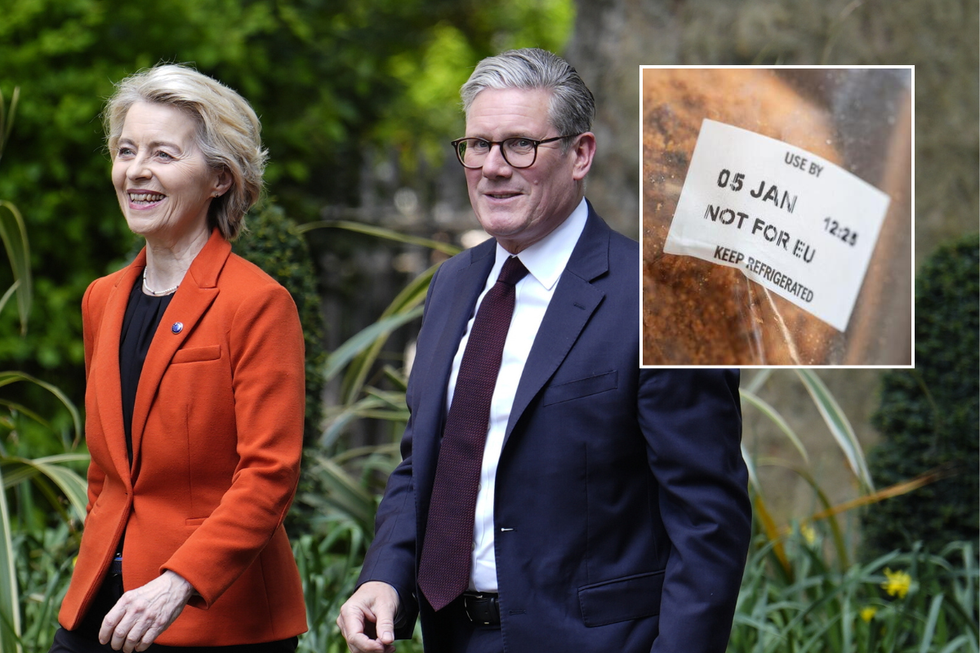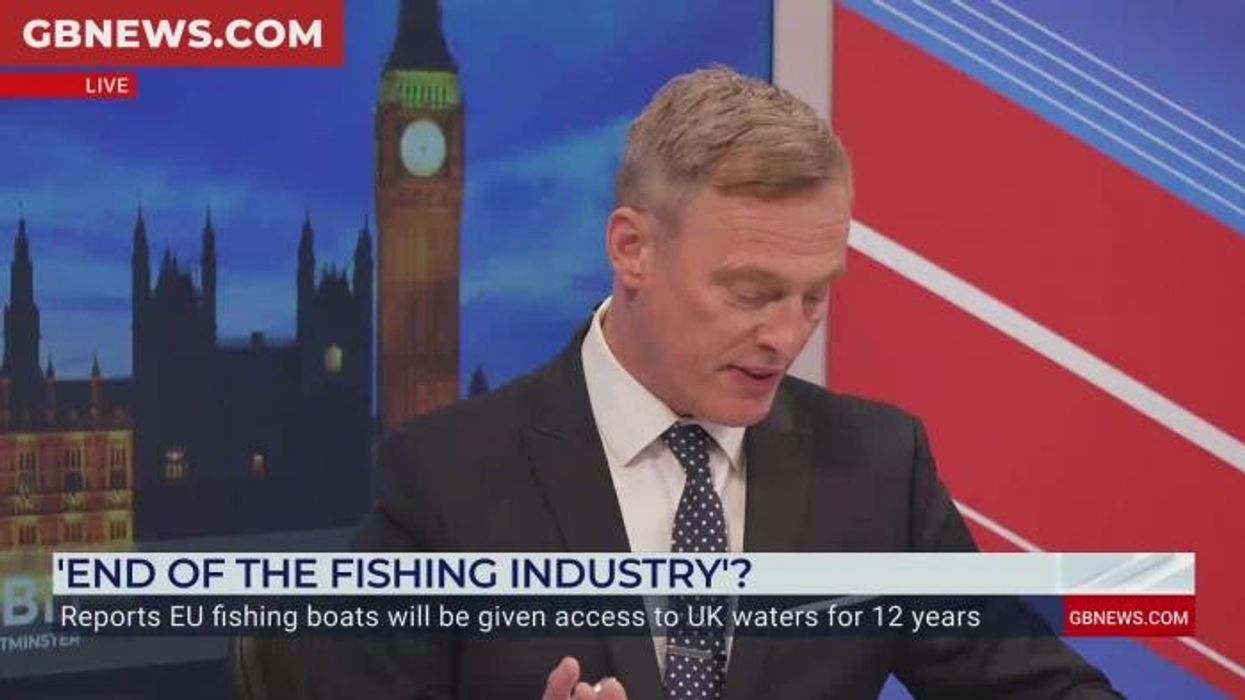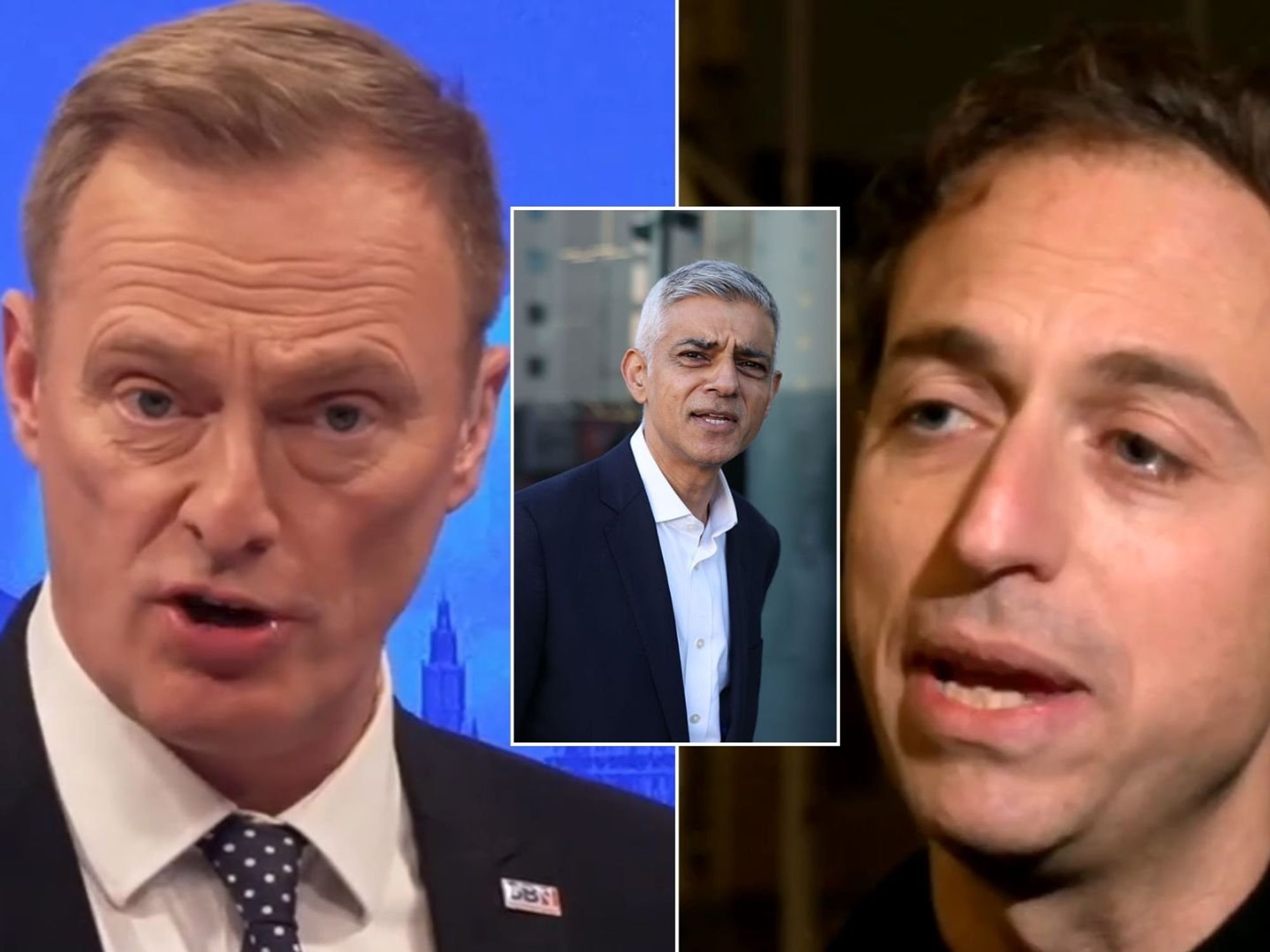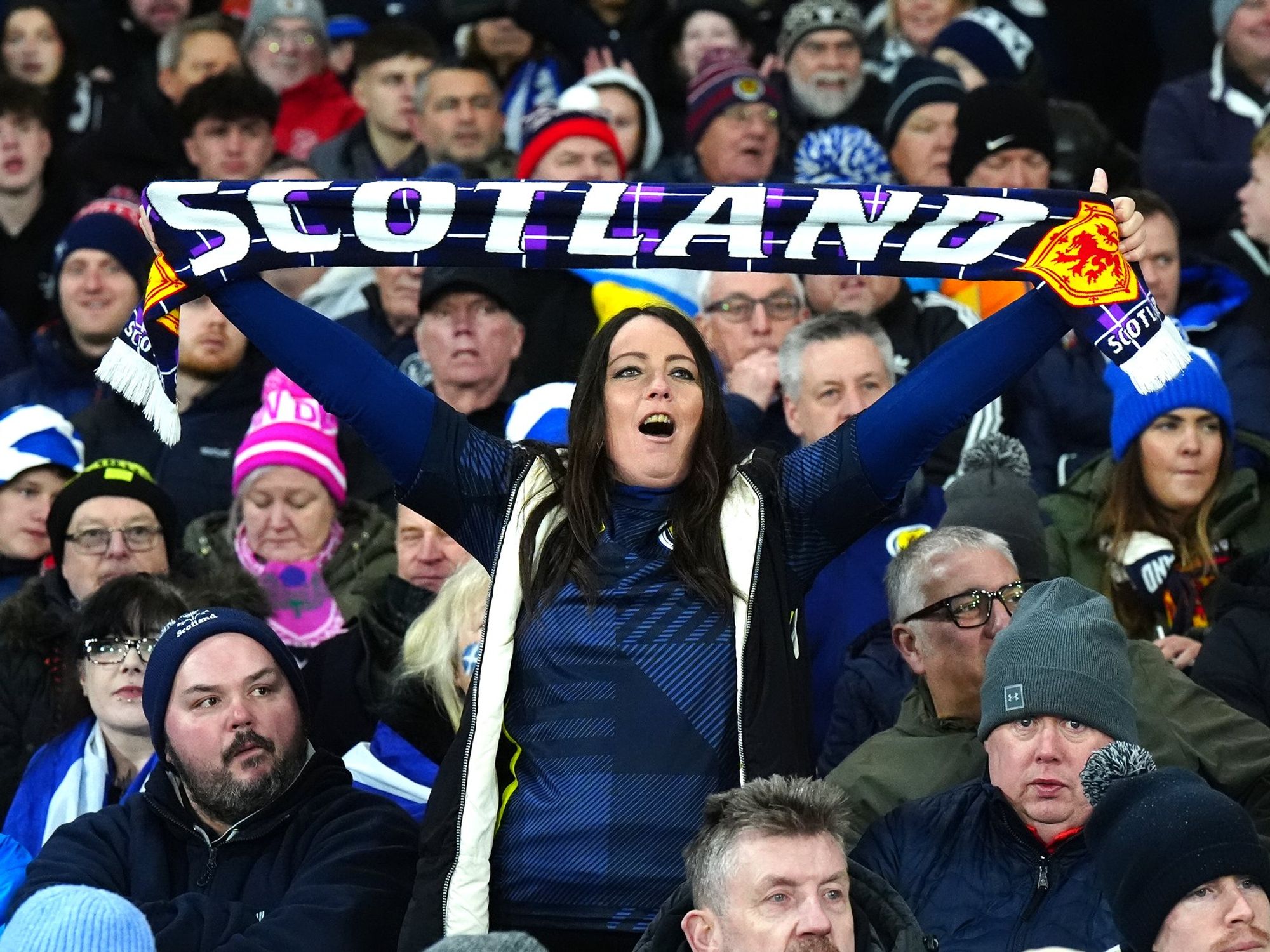EXPOSED: Labour quietly rubber-stamps sweeping EU regulation on the WHOLE of Britain in SHOCK Brexit betrayal

The Commons voted by 315 to four to approve the Marking of Retail Goods Regulations 2025
Don't Miss
Most Read
Trending on GB News
MPs quietly passed a bill last night that imposes EU-derived labelling requirements across the whole of Great Britain.
The Marking of Retail Goods Regulations 2025 mean that British companies will now face mandatory "Not for EU" labelling even for goods never leaving Great Britain, as well as in Northern Ireland.
Critics claim that this will place onerous costs on manufacturers and tie them up in red tape.
No MPs outside of Northern Ireland voted against the bill, which passed 315 to four.
It was barely debated upon reaching the Lords, with only Northern Irish peers opposing the bill.

The bill was quietly passed last night
|GETTY/WIKICOMMONS
The measure passed with Labour, Lib Dem, and smaller party support, and no recorded opposition from Conservative or Reform UK MPs.
The only MPs that voted against it were DUP MPs Gregory Campbell, Carla Lockhart and Jim Shannon, as well as Independent Unionist MP Alex Easton. TUV leader Jim Allister and DUP Chief Whip Sammy Wilson acted as tellers for the Noes.
Defra officials defended the labelling, saying it is "just an administrative change".
However, Brexit campaigners counter that it surrenders British sovereignty to EU control with no reciprocal benefit.

Baroness Kate Hoey
|PA
One of the most strident opponents of the Bill in the Lords was former Labour MP Baroness Kate Hoey.
She told Facts4EU: "The feeble regulations before us today, and I really do think they are feeble, seek to address the threat to Northern Ireland’s supply chain.
"They do so not by calling out the central injustice arising from the attempt by the European Union to disturb the integrity of a sovereign state in violation of international law by means of cutting it into two, through the imposition of a customs and international SPS border.
"Not by pointing out the central absurdity that the provision of “Not for EU” labels makes zero contribution to protecting the integrity of the EU single market and instead involves the UK having to engage in an act of national of self-harm by embracing needless additional packaging costs in relation to Northern Ireland that threaten our own supply chains."
 TUV leader and North Antrim MP Jim Allister | PA
TUV leader and North Antrim MP Jim Allister | PAThe Defra report suggested under the legislation, businesses could face costs up to £800million in present-day terms, with nearly £100million hitting in the first year alone.
That's not all, Defra's own consultation, carried out between February and March 2024, showed near-universal opposition among food manufacturers.
When asked if they expect the proposed labelling changes to impact the volume of goods or services you provide to Great Britain, 61 per cent said it would decrease, while 38 per cent said there would be no change.
Jim Allister said: "When officials themselves admit they can’t predict the damage, the responsible course is to pause and reconsider. Instead, Westminster nodded it through."
As GB News reported previously, a more limited form of this EU Regulation has been in place since 2023 in Northern Ireland, but it has now expanded in scope to include far more products.
A series of everyday food items can be legally required to carry a "Not for EU" label - not just in Northern Ireland, but across the whole of Great Britain - if just one UK minister says so.
These could include:
- Pre-packed fruit and vegetables;
- Apples, beans, bagged herbs;
- Fish and seafood - cod, salmon, scampi, tuna, crab sticks;
- Dairy-based desserts - trifles, sundaes, ice cream;
- Meaty meals - lasagne, pork pies, scotch eggs, pizzas;
- Everyday sauces - pasta sauces, guacamole, gravy;
- Chilled drinks - iced lattes, milkshakes;
- Meal kits and baby food - anything containing cheese or dairy;
- 'High-risk' foods - rice, peanuts or tea.
According to the official explanatory memorandum, the Government believes the labelling powers are needed to deter GB businesses from withdrawing products from the Northern Ireland market in response to expanded EU labelling requirements from July 1.
By enabling a swift, GB-wide enforcement mechanism, ministers aim to ensure products remain available in Northern Ireland, upholding the UK's commitments under the Windsor Framework.
The Government argues this power provides a "credible threat of enforcement" to prevent disruption to supply chains to Northern Ireland.
However, critics argue that is simply a pretext for smuggling Britain back into the orbit of the EU.
Reform UK deputy leader Richard Tice said: "We left the EU to restore our sovereignty and forge competitive trade deals on our own terms.
"Unfortunately, the EU deal showed that this Government is too often willing to compromise British sovereignty to appease foreign interests."
What happens next?
Although the new labelling regime has come into effect, Facts4EU is urging readers to join Stand for Our Sovereignty, a campaign to thwart attempts to bring Britain closer to the EU.
The think tank says many more regulations derived from EU laws are in the pipeline.
"If you believe sovereignty is worth defending, stay engaged. Because if this can happen with so little scrutiny, it can happen again. And again," a Facts4EU spokesperson told GB News.
More From GB News











